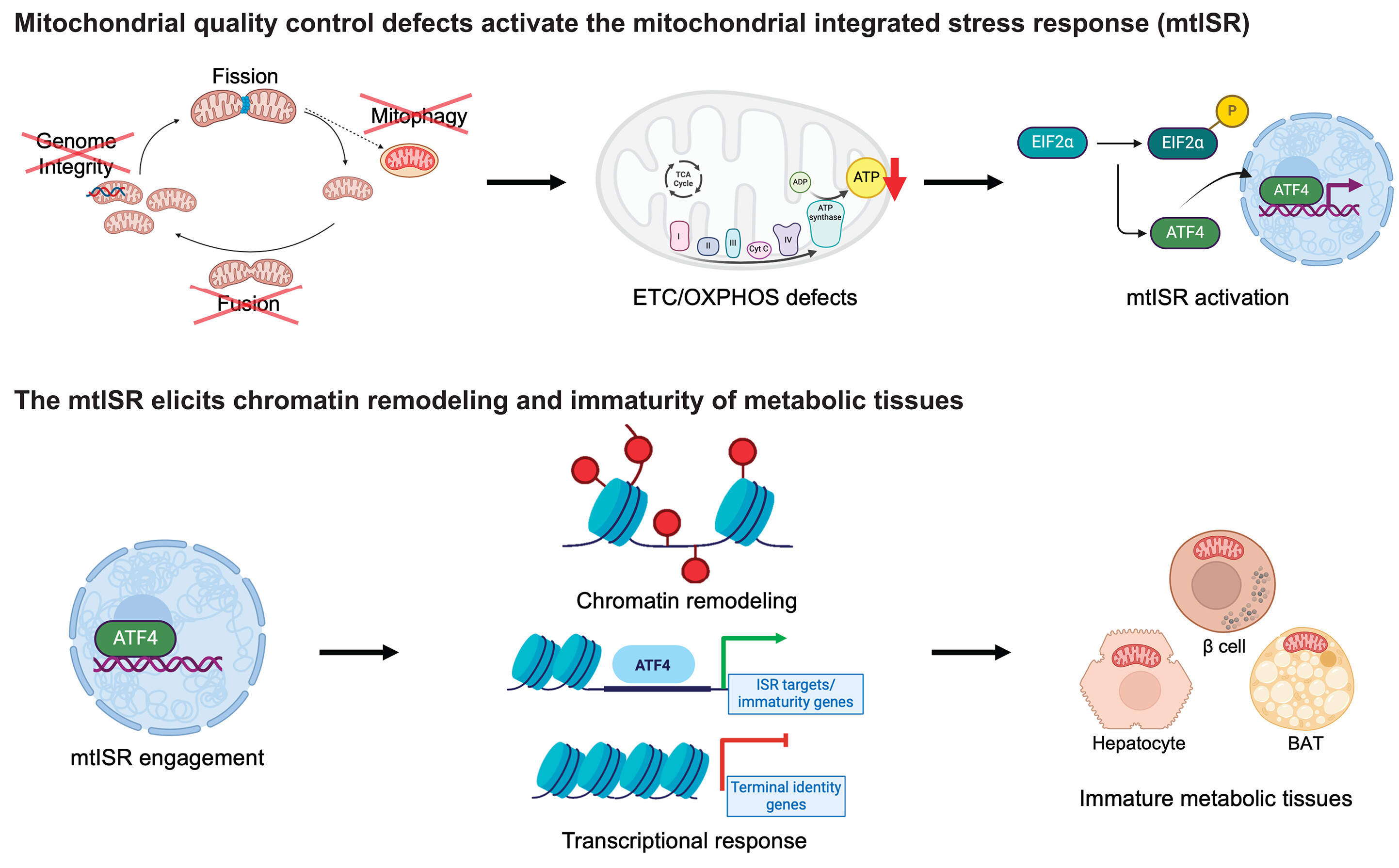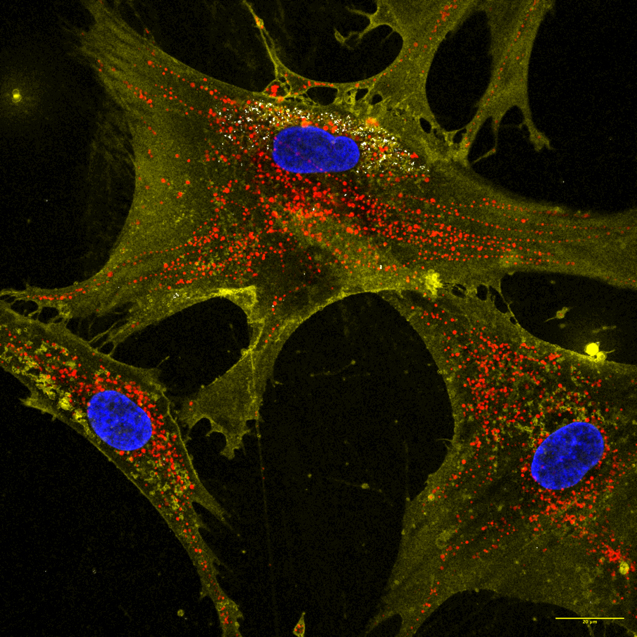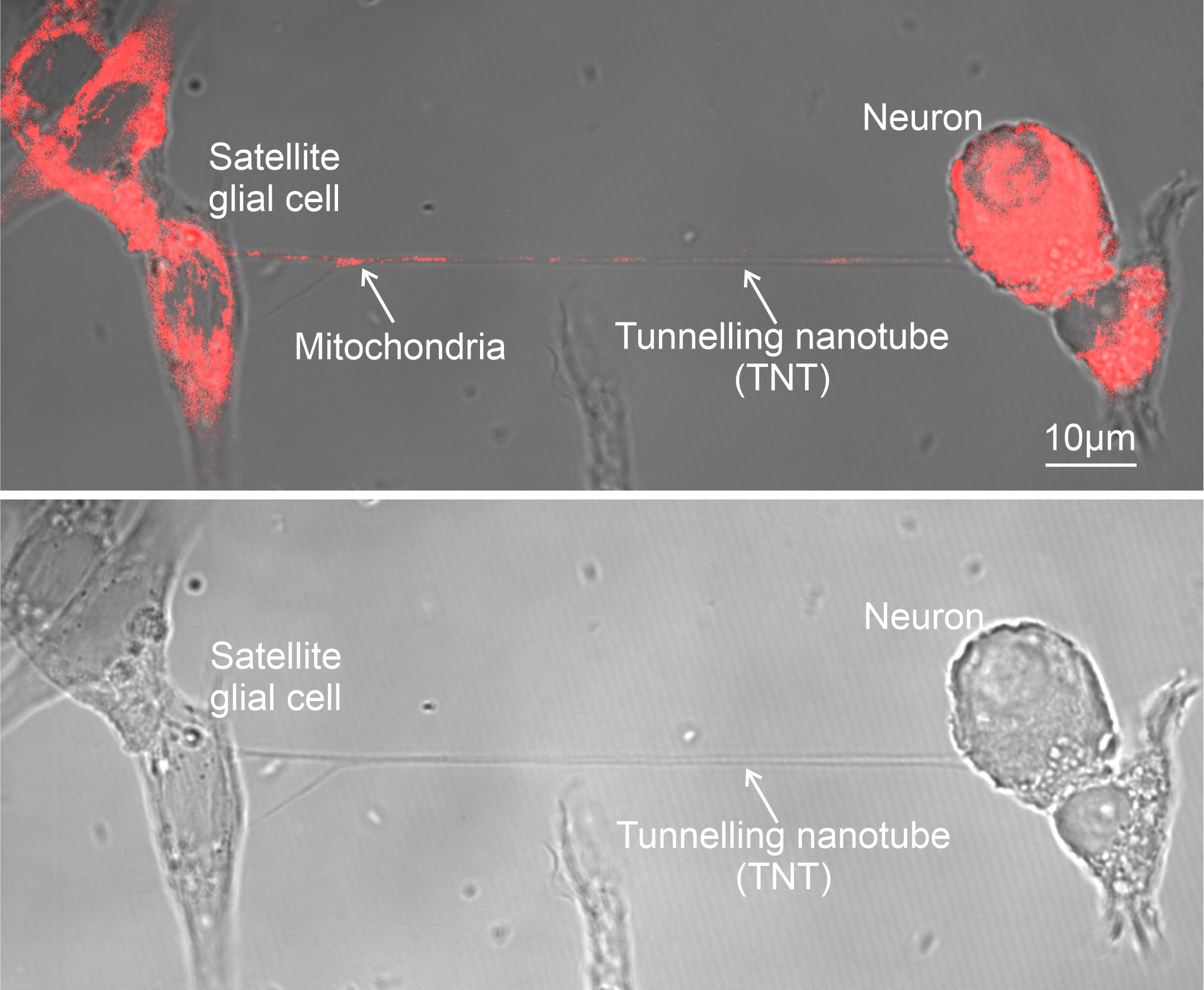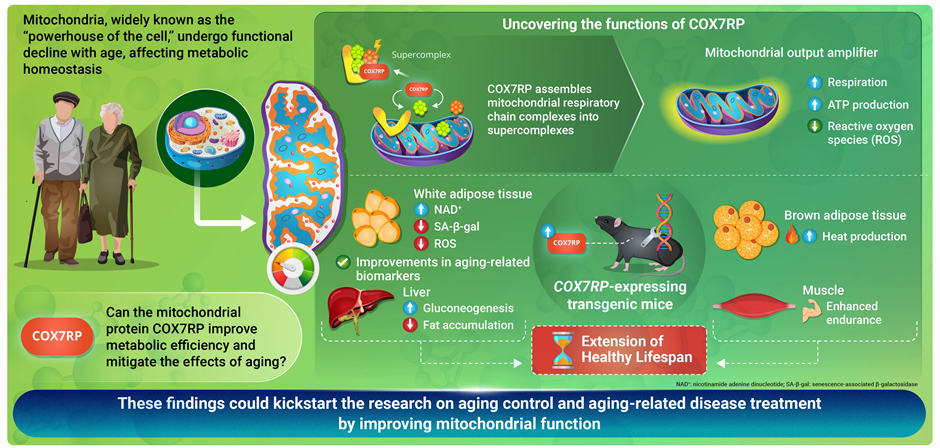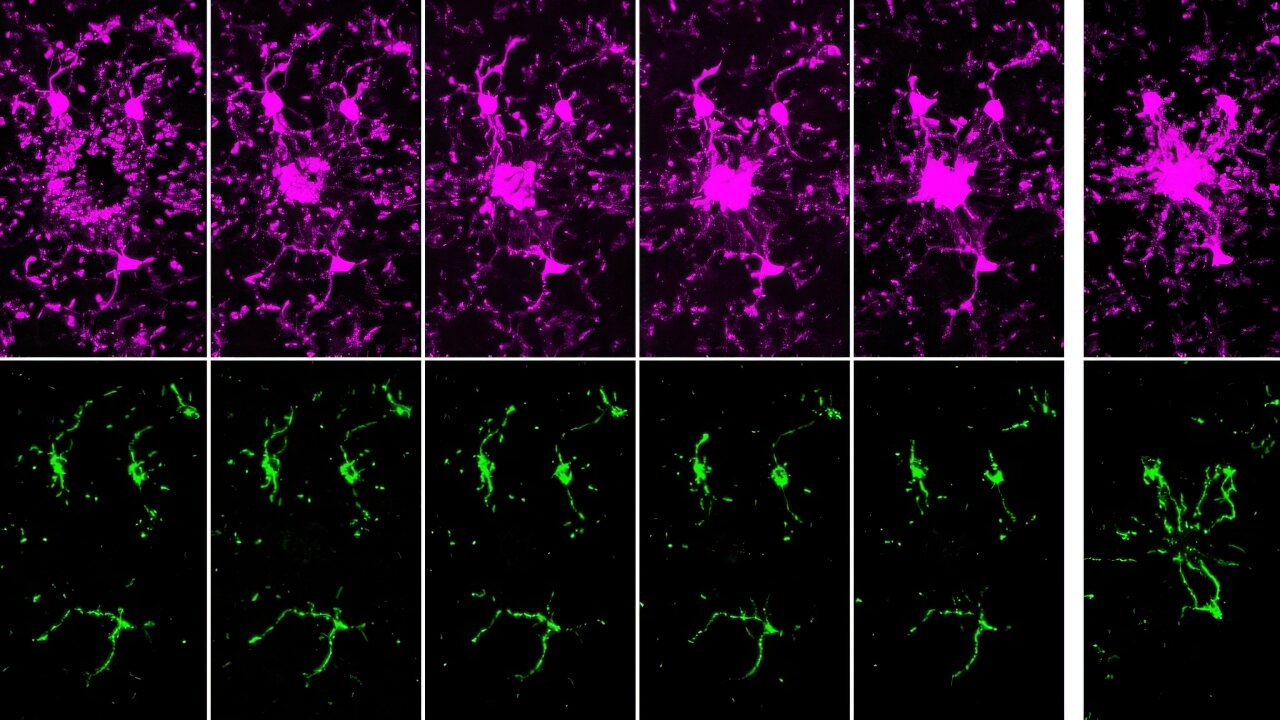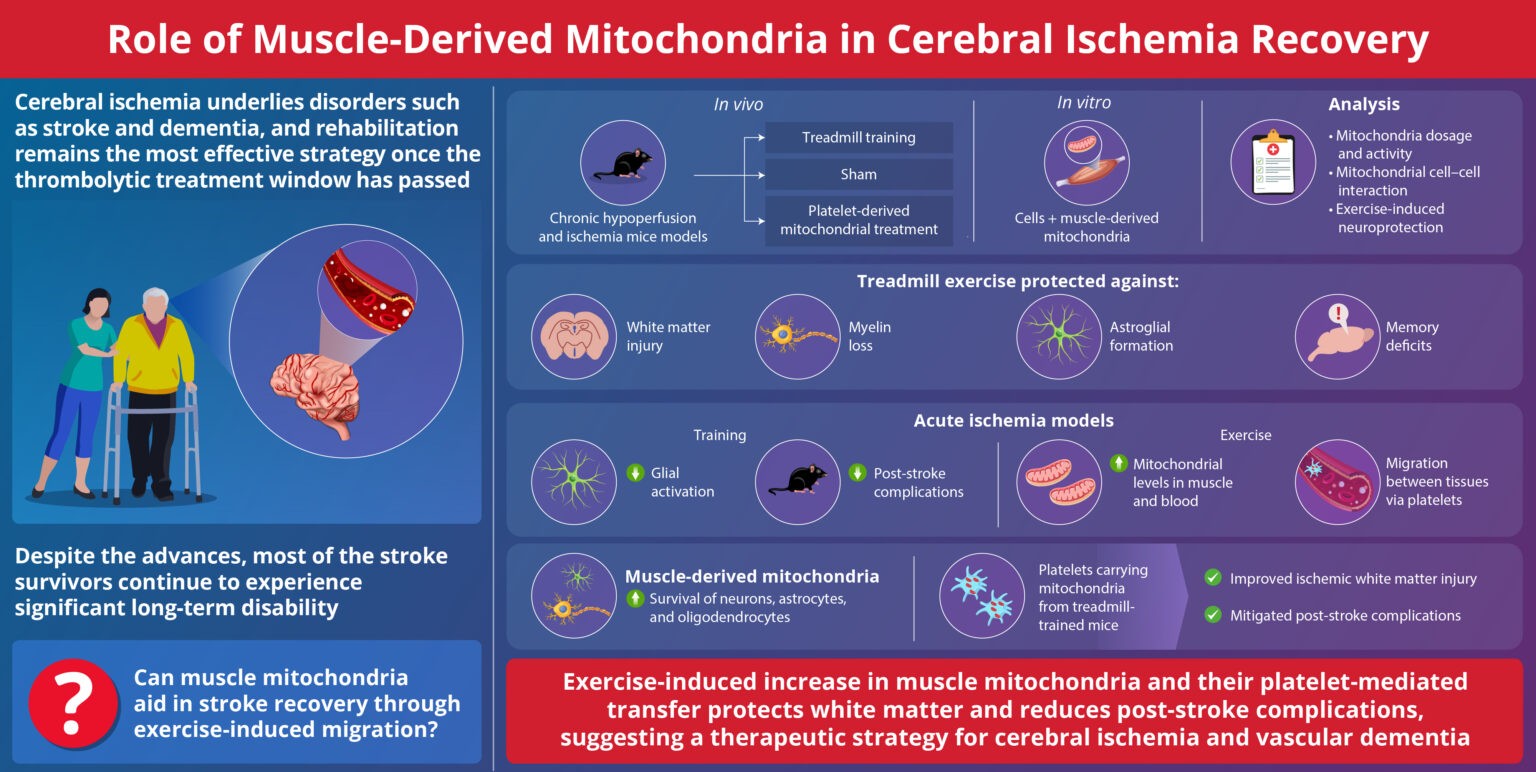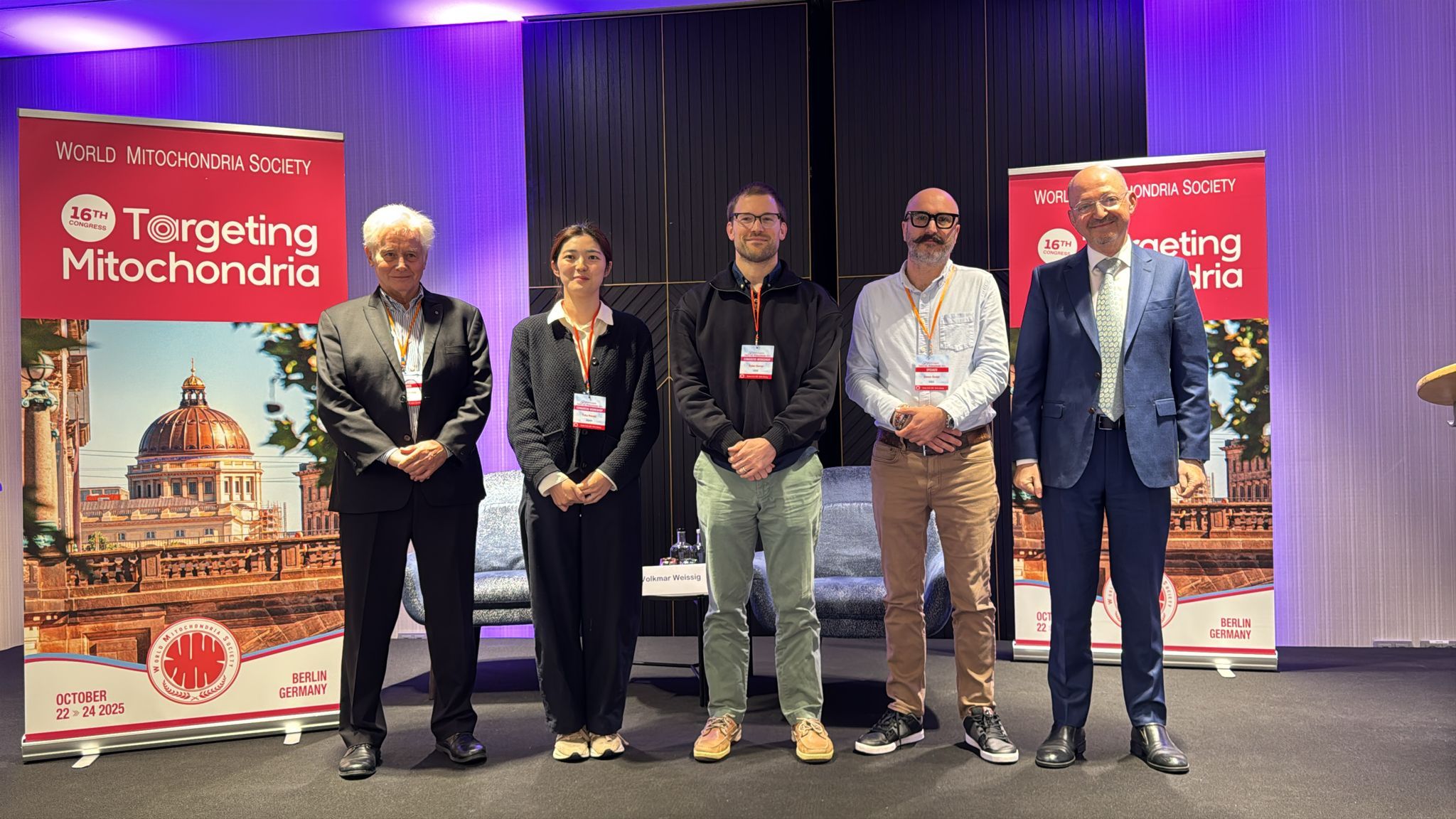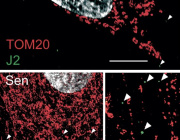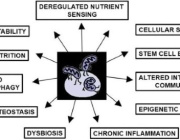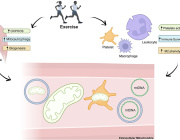Cancer’s Energy Hack: Tumor Cells Steal Mitochondria from Nerves to Fuel Metastasis
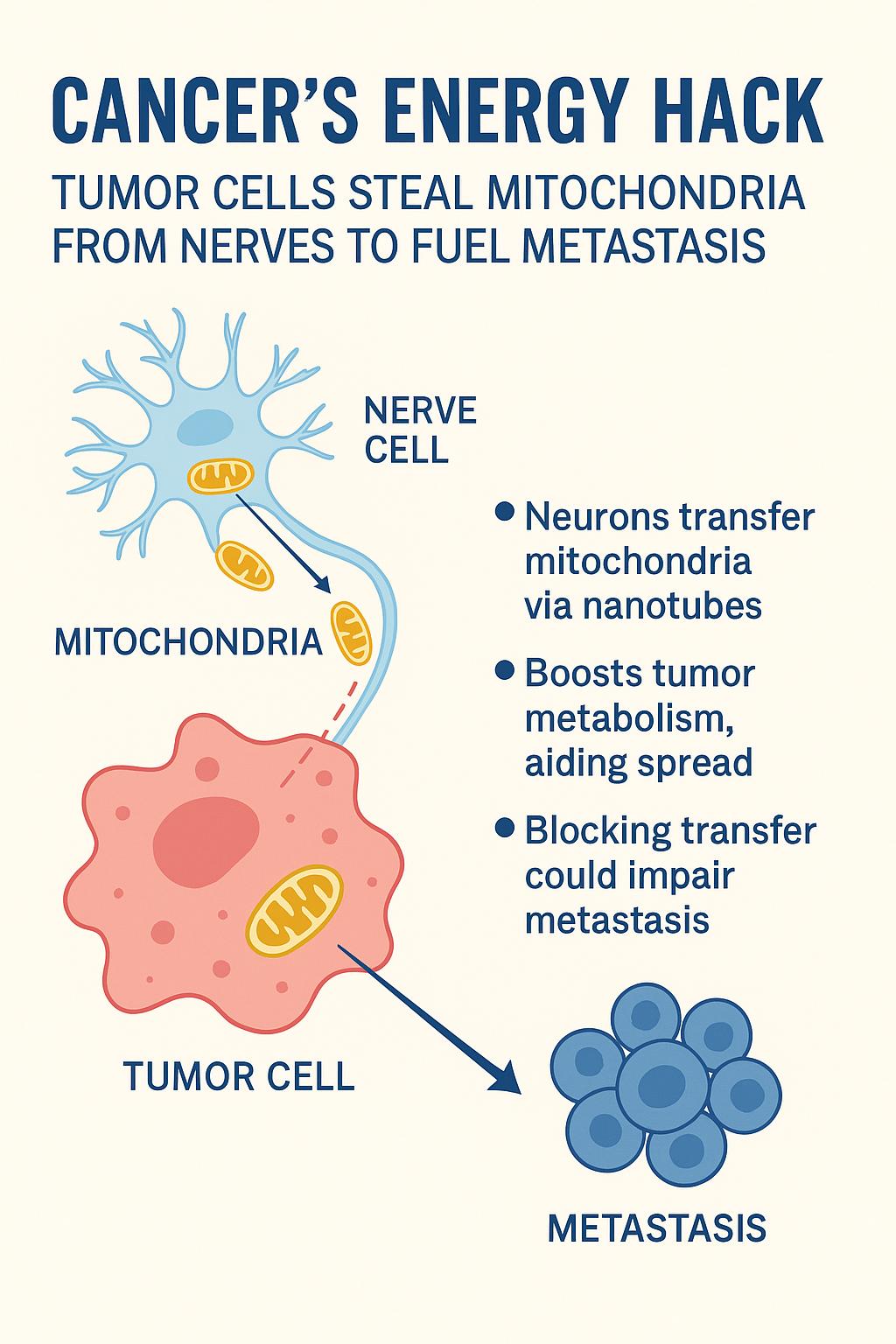
In a striking new study published in Nature, researchers reveal that cancer cells can directly siphon mitochondria from nearby nerve cells — gaining a powerful metabolic edge that helps them spread throughout the body.
A surprising neural alliance
It’s long been known that nerves infiltrate tumors and somehow enhance cancer progression. But the exact mechanism was unclear. This new research, led by Dr. Simon Grelet, shows that neurons surrounding tumors actively produce extra mitochondria and transfer them to cancer cells via nanotubes — thin, tube-like cellular extensions.
These donated mitochondria aren’t damaged or dysfunctional; they’re fully operational, supercharging the cancer cells’ metabolism and helping them survive and proliferate under stress.
A new tool: the MitoTRACER
To track this process, the team developed a genetic sensor called MitoTRACER, which irreversibly labels cancer cells that have absorbed mitochondria from neurons.
In mouse models of breast cancer, these mitochondria-receiving cells were vastly overrepresented in metastatic sites — clear evidence that neuronal mitochondria play a critical role in cancer spread.
Confirmed in human tumors
The findings were validated in human prostate cancer tissue samples. Areas with high nerve density showed more mitochondrial content in nearby cancer cells. Moreover, chemically disrupting the neural supply using botulinum toxin (BoNT/A) reduced the mitochondrial transfer and impaired cancer aggressiveness.
Why it matters :
• A new metabolic weapon: Cancer cells aren’t just reprogramming their own metabolism — they’re outsourcing energy production by stealing power plants from neurons.
• Direct link to metastasis: The mitochondrial boost gives cancer cells the fuel they need to survive oxidative stress and adapt during metastasis.
• A new therapeutic frontier: Targeting the neuron–tumor interaction — by blocking nanotube formation or preventing mitochondrial trafficking — could offer a novel way to slow or stop cancer spread.
More information :
Grelet et al., “Neuronal–tumour cell mitochondrial transfer promotes metastasis,” Nature, 26 June 2025, DOI: 10.1038/s41586-025-09176-8.









